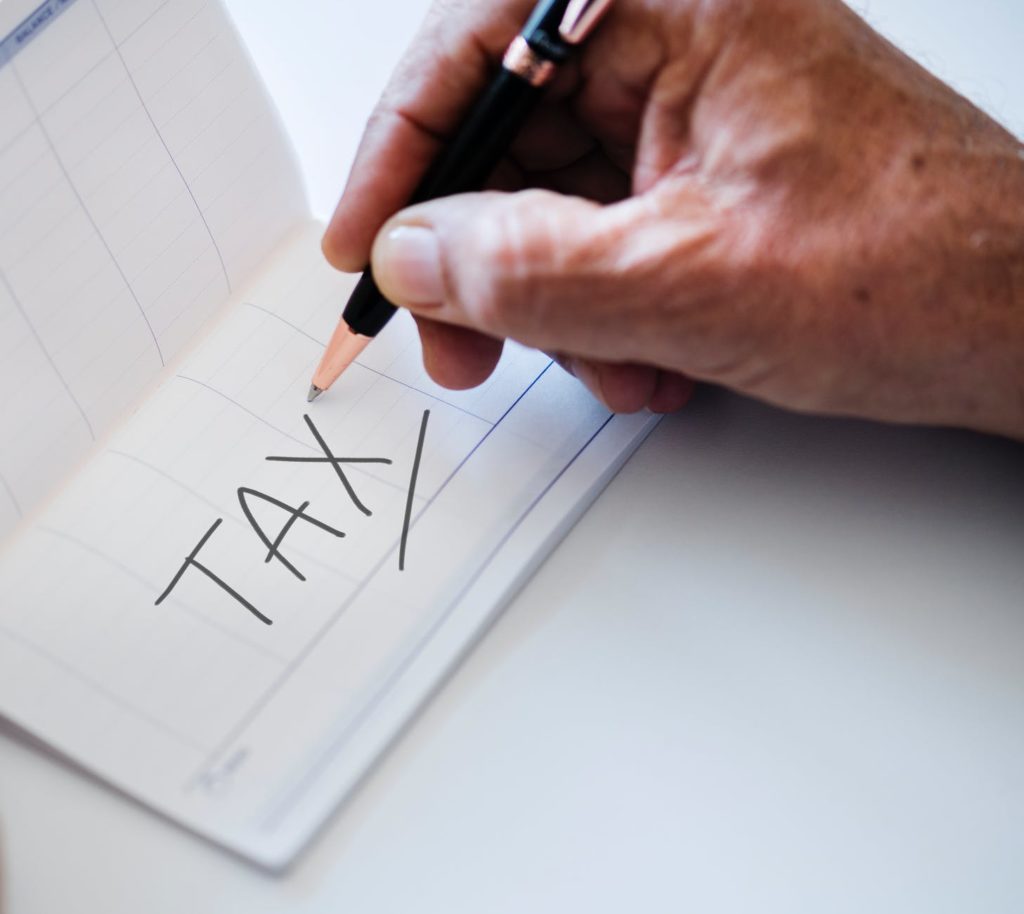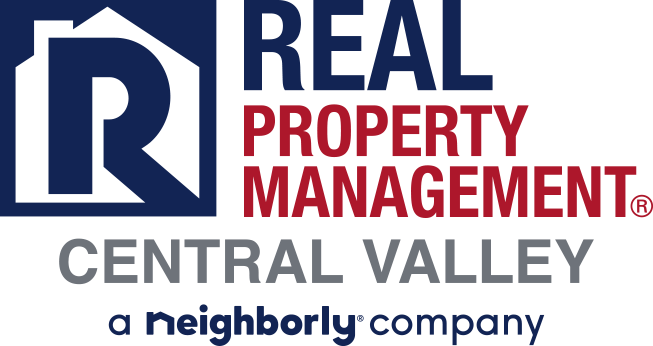Last Minute Property Management Tax Deductions

By RPM Central Valley
Are you waiting until the last minute to file your income taxes on April 15th? If so, you’re not alone.
Many people until the last minute to file their income taxes. Thankfully, if you own rental properties you can benefit from the last-minute tax deductions that we will list in this article.
Last Minute Tax Deductions for Property Owners
1. Rental Property Depreciation
Depreciation is the process of treating the hypothetical wearing out of your building as if it were an expense. Even though you may not financially feel this wearing out, accounting principles allow you to take advantage of the eventual costs through depreciation.
Determining what the depreciation figure is, and keeping proper records over time is vital, and you should turn to your CPA or tax professional for assistance. Generally, you can depreciate your rental property value minus the cost of land evenly over 27.5 years, known as straight-line depreciation.
Depreciation Example for Rental Property
We’re going to illustrate a straight-line depreciation example that pertains to a rental property.
Let’s assume the following:
- The combined value of the land and the building is $300,000
- The land is valued at $150,000
- The depreciation time frame according to the IRS is 27.5 years
- The property is classified as a residential property (Some portions of commercial property improvements can be depreciated over 15 years)
To figure out the depreciation, you first subtract the land value from the combined value of the land and building. Then you divide the building value by 27.5 years to get the amount of yearly depreciation.
- $300,000 – $150,000 = $150,000
- $150,000/27.5 = $5,454.54 depreciation per year
5,454.54 is the annual amount you can deduct when filing your rental property taxes. You will do this each year to assess the current home value and the associated annual depreciation.
2. Mortgage Interest Deduction & Other Forms of Interest
Interest on a rental property may take several forms: mortgage interest, points and loan origination fees, interest on credit lines and unsecured loans for the property, and in some cases interest from credit cards used for property-related expenses.
When you make a loan payment on your rental property, there are two components to that payment. There is the portion going to the principal and the portion paying back interest. You can see this by looking at your monthly statement. Unfortunately, you can’t deduct the principal portion of your payment. However, you can deduct the interest portion.
For example, let’s say you have a mortgage or other loan related to the property with a monthly payment of $1,000. Let’s assume $200 is applied to principal, meaning $800 is interest. Only the $800 is deductible as an expense. Multiply this interest by 12 and you find your annual interest deduction of $9,600.
Mortgage Interest
Since the main loan(s) on a rental property are likely mortgages, this is the first interest figure to consider. You can also deduct points, etc. as a form of prepaid interest. Prior to the 2018 Tax Cuts and Jobs Act, you could deduct interest on home equity lines of credit (HELOC), but this is no longer tax deductible.
Points & Loan Origination Fees
When you obtained financing for your rental property, you probably paid loan origination fees and/or points. Both of those are deductible and can be treated as forms of interest. However, your down payment is not deductible.
Interest on Unsecured Loans for the Property
If you’ve obtained financing in the form of an unsecured loan, specifically used for a given property, that interest may also be deductible. For example, you might have gotten an unsecured loan for the replacement of a roof on a property; the interest on that may be deductible. Prior to the 2018 tax changes, interest on lines of credit was also deductible, but are no longer.
This is an area where you may want to engage the services of your accountant because deductibility for unsecured loans can be tricky – particularly if the proceeds were used on more than one property or certain amounts used personally. Accurate accounting is vital.
Interest on Credit Cards Used for The Property
You may have also used a credit card or fuel card for the property and incurred some interest. An example might be purchasing a refrigerator for a property from an appliance store on a credit card, but paying for it over several months, resulting in some interest charges. The interest stemming from that purchase would be deductible.
Similar to the situation with unsecured loans, involve your tax professional or CPA if you are trying to deduct credit card interest because it can be tough to properly account for.
If you want more information on business credit cards, how they work, and who they’re right for check out our guide on best small business credit cards of 2017.
3. Rental Property Taxes & Licensing Fees
Real estate investors receive rental property tax benefits and being able to deduct related expenses is definitely one of them. Property taxes, licensing fees, and occupancy taxes are three of the most common forms of taxation for rental property and they’re also deductible. You need to report expenses allocated for the rental property on a Schedule E.
We will now discuss property taxes, licensing fees and other rental property taxes:
Property Taxes
Virtually every county or municipality in the country charges property taxes. In rural areas, the amount may be small, perhaps only a few hundred dollars. In some markets property taxes can be quite high, sometimes 6 figures per year. Property taxes are one of the legitimate expenses related to a rental property, hence tax deductible.
You can find out your county’s tax rate by asking your local realtor or mortgage professional. You can also find it at your county’s Office of the Assessor or Recorder. Sometimes these offices have slightly different names but you can google your county and find property tax information on their site as well as a contact phone number. If you have a mortgage on the property, your lender will send you an escrow summary that shows property taxes paid as well.
Get Property Management Here
For property management in the Central Valley contact RPM Central Valley today by calling us at 209-572-2222 or click here to connect with us online.
